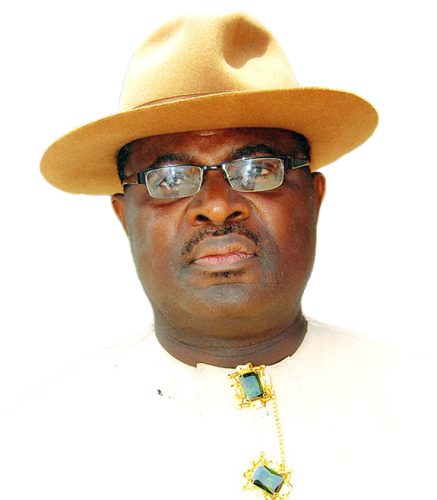
When the deal to supply Ghana with gas was signed, the least expectation was to supply Ghana hard earned foreign exchange rather than receive them. But that Nigeria did for not supplying Gas which was the condition of exchange. For this, Ghana has received a compensation of $10 million from Nigeria over the failure of the latter to meet supply of gas agreement between the two countries.
By the agreement, Nigeria is required to supply Ghana with 123 Million Metric British Thermal Units (MMBtu) per day.
In this situation, Nigeria was alleged to have failed to meet that target, rather she supplied just about 30 MMBtu/d.
Speaking to a local television station in Ghana, the Director of Planning and Business Development of the Volta River Authority (VRA), Kofi Ellis, stated that Ghana has been paid some damages by Nigeria over the shortfall as stipulated in the contract.
“The contract already stipulates some liquidated damages for reduction in supply. I know that already we have been paid some damages for the reduction in supply.” Ellis said.
Chairman, Presidential Task Force on Power, Beks Dagogo-Jack, recently confirmed that Nigeria has been paying liquidation damages to the West African Power Pool (WAPP) for its inability to meet its gas supply contract value to 14 of the 15 countries of the Economic Community of West African States (ECOWAS).
Although, the amount was not stated, Dagogo-Jack, explained that the Federal Government failed to fully meet its contract percentage because it chose to first address soaring domestic demand.
“Currently, we are paying liquidation damages. We are giving them less than 60 per cent of the contract value, and the country is paying for not giving them what the contract says, simply because we want to meet domestic demand. So, it’s not like we are giving them 100 percent,” he said.
During a recent visit of the Minister of Energy and Petroleum, Emmanuel Armah-Kofi Buah, to Nigeria it was expected therefrom that Nigeria, as West Africa’s biggest gas-supply nation, would improve to supplying a constant 50 MMBtu/d.
Ellis commended the intervention by government, admitting that inasmuch as Nigeria would want to help Ghana, they are also facing challenges.
“I guess Nigerians also share in our problems. They understand. The unfortunate thing is that this is a commodity that both countries need for themselves. So, it is a matter of trying to see how best you can help your neighbour.”
He said the contract signed “many years ago” will not be abrogated though one party is facing challenges in meeting the terms.
The recent below-expectation supply of gas from Nigeria has been cited as one of the causes of challenges in the energy sector.
Designed to ensure regional power systems integration and realisation of a Regional Electricity Market (REM), WAPP is a specialised institution of the ECOWAS which covers 14 of the 15 countries of the regional economic community, including Benin, Burkina Faso, Côte d’Ivoire, The Gambia, Ghana, Guinea, Guinea Bissau, Liberia, Mali, Niger, Nigeria, Senegal, Sierra Leone and Togo.
With 26 member companies, WAPP is made up of public and private generation, transmission and distribution companies involved in the operation of electricity in West Africa.









